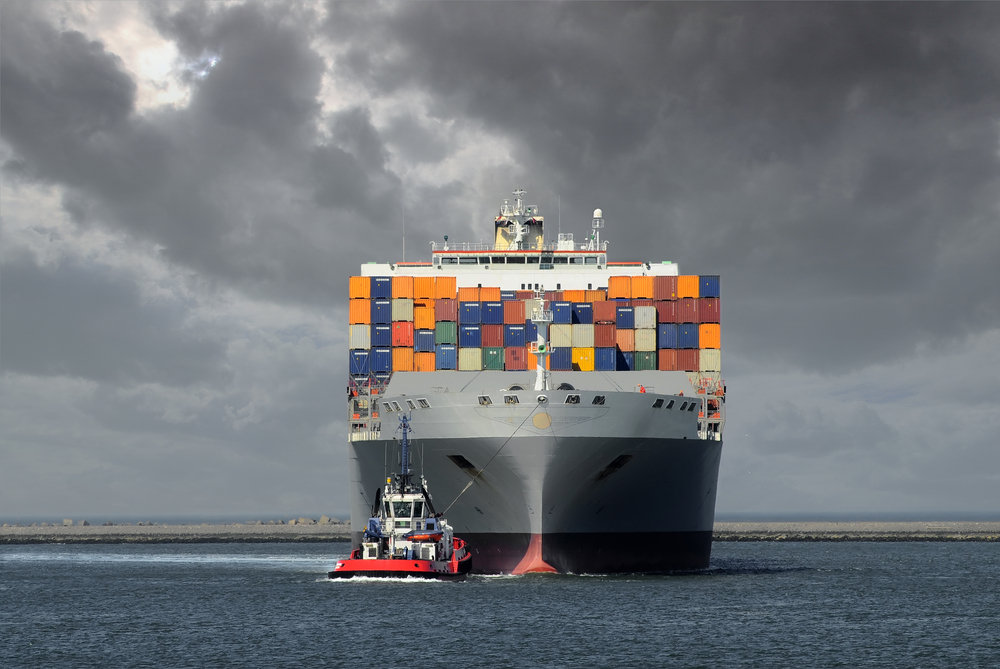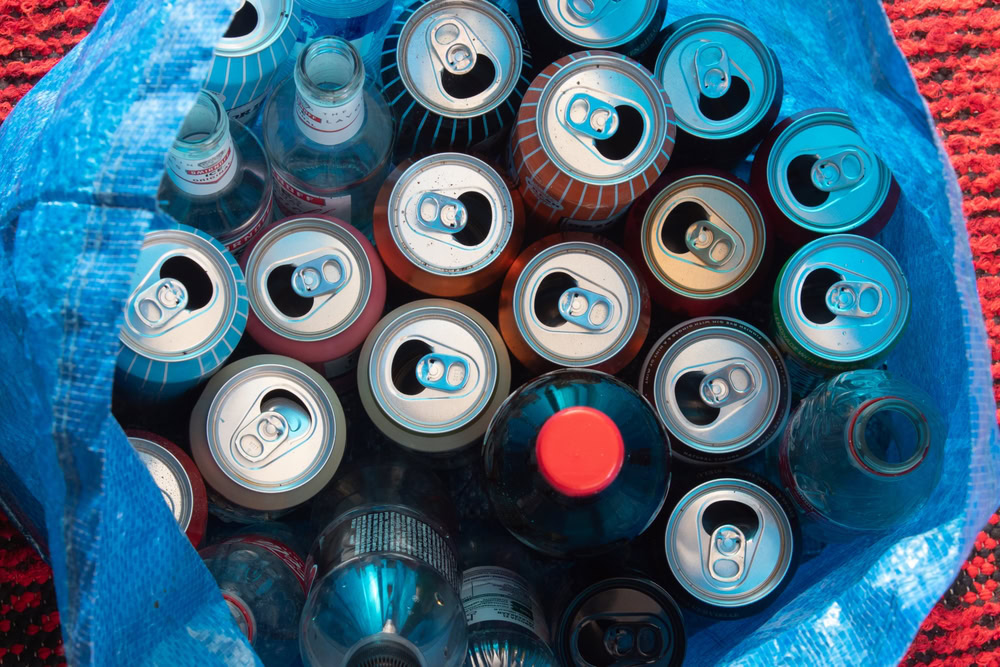Producers should do more to help councils divert rigid plastics, batteries and small WEEE from landfill, according to the Local Authority Recycling Advisory Committee (LARAC).
And, the Committee, which represents recycling officers across the UK, said consideration should be given to the introduction of a system which would see councils financially credited by producers, manufacturers and retailers for collecting and processing waste.
The comments came in a submission to the Local Government Associations (LGA) Local Waste Review, which was launched last month (see letsrecycle.com story). The Review will see the LGA gather evidence from councils to identify challenges and innovations in waste management and make recommendations for reducing cost pressures.
In response to a call for evidence for the Review, LARAC highlighted a number of key challenges for the waste industry, of which finance was the main one. It also noted a number of ways in which local authorities can make and save money, including opportunities in waste prevention and reuse.
Producer responsibility
LARAC refers to the role of retailers and manufacturers in its comments. It said producers could better contribute towards the cost of recovery by providing more support to achieve packaging recycling targets, particularly those for rigid plastics. And, it said producers should provide more support and guidance for consumers to divert batteries and small waste electrical and electronic equipment (WEEE) from landfill.
By doing this, LARAC said councils may be able to step back from waste collections of some materials and become facilitators of a service between consumers and retailers, but warned that they didnt want to be left with the low value waste streams.
It said: Greater producer responsibility could produce more complex waste management systems that LAs will have to communicate to the public. LG [local government] could become facilitators to direct people to do the right thing, rather than being responsible for arranging all of the collections e.g. more take back schemes from producers. LG may also work more directly with retailers in providing the collection services that deliver them the recycling feedstock that they need.
“The key challenges for local government and the wider waste industry are first and foremost one of finance, particularly for local government with services under pressure to save money, and achieve greater demands with less resources.”
– LARAC
Finance
Finance was highlighted as the main challenge for local authorities and the wider waste industry, by LARAC, which said: The key challenges for local government and the wider waste industry are first and foremost one of finance, particularly for local government with services under pressure to save money, and achieve greater demands with less resources.
LARAC highlighted a number of opportunities for councils to increase their income from waste services. The main opportunity, according to LARAC, can be found by getting better value from the materials they collect which means looking at higher quality outputs from materials recycling facilities (MRFs) and charging for some types of waste collections, such as garden and commercial waste.
In addition, LARAC suggested that councils could secure greater value for materials through the introduction of a profit sharing scheme, similar to the packaging waste recovery note (PRN) system. Under the proposed scheme, local authorities would be financially credited by producers, manufacturers and retailers to support the collection arrangements and infrastructure.
Reuse
LARAC added that waste reduction and reuse also offer the potential for further savings, however there are several obstacles to reuse which need to be overcome. According to LARAC, these barriers include: changing the perception of reuse; improving the market for reused items; considering the introduction of a quality mark for these items; and, the lack of government funding to introduce nationally adopted reuse schemes.
In a bid to overcome some of these hurdles, LARAC called on the government to provide clarification over the definition of reuse.
Related Links
It said: LARACs view is that central government has a leading role to play in driving forward the agenda on waste prevention and re-use, to reinforce sustainability and resource efficiency. This could include Clear definition of waste prevention, preparation for reuse, and reuse, alongside examples of best practice and case studies of projects already operating.
Additionally consideration should be given to the development of a single, coordinated, integrated Business Resource Efficiency service focused on conservation of raw materials, prevention of waste, reduction in waste, reuse of waste materials where at all possible.








Subscribe for free